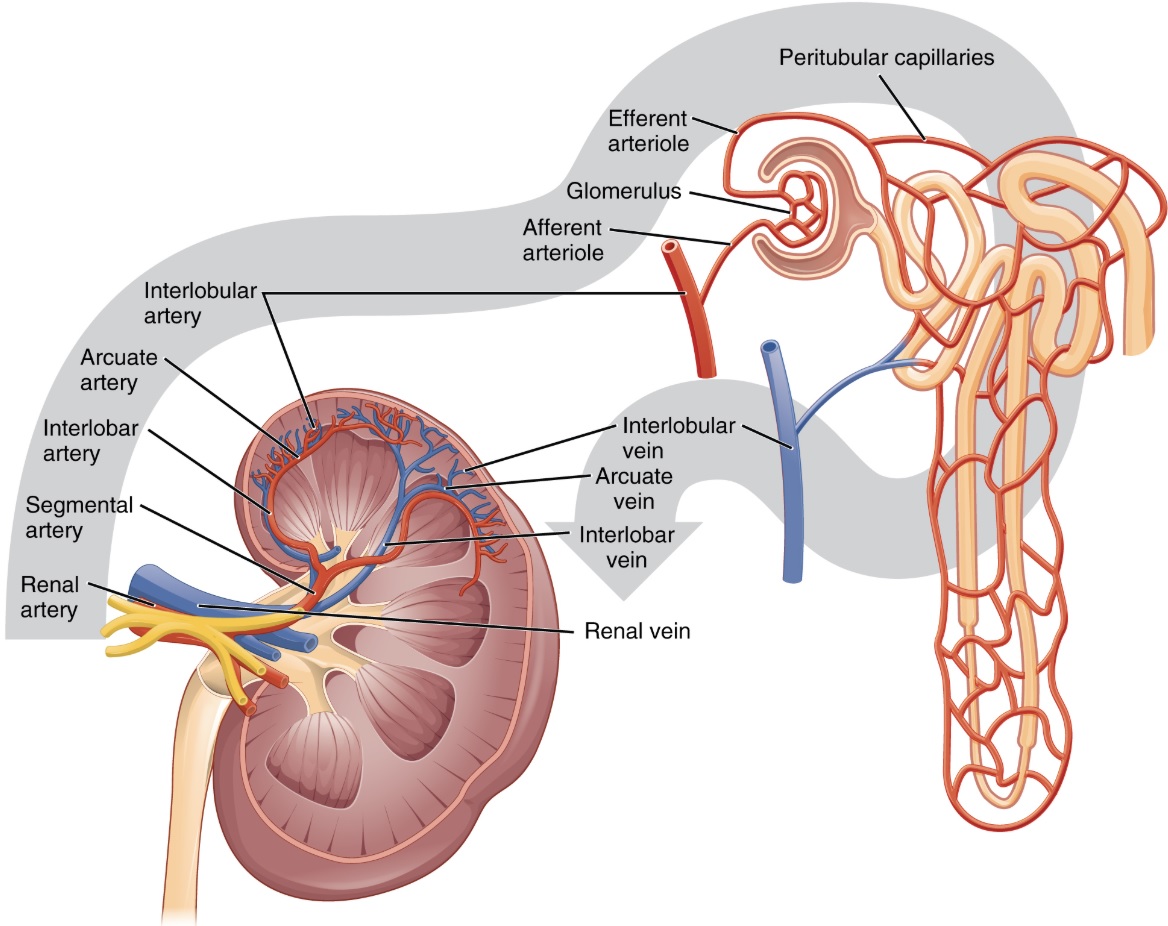COVID-19 also attacks kidneys, not just lungs: Italian researcher

- Country:
- Italy
The coronavirus epidemic is throwing a new and critical challenges for health systems. New data on the COVID-19 disease has revealed that kidney involvement appears to be frequent in coronavirus-infected people. Read the texts below to know more in details.
According to a latest research accomplished by the European Renal Association – European Dialysis and Transplant Association (ERA-EDTA), Proteinuria (and/or blood in urine) often occurs at the beginning or during the coronavirus infection, a few patients even develop acute kidney injury (AKI). This shows that COVID-19 also attacks the kidneys. Given the involvement of kidneys during coronavirus infection, patients should also be monitored after the disease.
Results based on two studies showed a high-rate of renal abnormalities in corona-positive patients. The first study involved those patients who were admitted to the hospital. The researchers found that 34 percent of the 59 patients developed massive elevated levels of albumin in urine (Proteinuria), which was a symptom of kidney damage. While 63 percent of studied patients developed Proteinuria during their stay at hospital and many of them had blood loss in their urine (Haematuria).
These findings were supported by a second study involving 710 hospitalized patients. Upon admission, 44 percent of the patients had Haematuria and Proteinuria (26.7 percent had only Haematuria), while kidney function decreased in nearly 15 percent of the patients.
“This shows that COVID-19 also attacks the kidneys, not just the lungs. Although the percentage of overall group of COVID-19 infected patients that develop AKI during infection is rather low (about 3-9 percent), we have to keep in mind that these patients obviously have a poor prognosis. These patients should be treated in accordance with best-practice guidelines in nephrology, which includes supportive management as well as dialysis,” opined Professor Carmine Zoccali, President of the ERA-EDTA (Parma, Italy).
According to Carmine Zoccali, Continuous Renal Replacement Therapy (CRRT) may also be effective in treating patients with Covid-19 and sepsis syndrome (regardless of their kidney function). “All in all, extra- corporeal therapies may be an ‘ultima ratio’ in the treatment of severely ill patients, and nephrologists´ expertise is needed here. Nephrologists in all countries are ready for action and are dedicated and committed to help in this crisis,” Zoccali added.
Zoccali and his team of researchers also found that patients with chronic kidney disease and especially dialysis patients are at high risk as comorbidities increase the risk of dying from Covid-19. “It is therefore of utmost importance that these patients be protected and that infections are prevented. ERA-EDTA is doing all it can to share knowledge and experience on how to handle the situation in dialysis centers, and recommendations from an Italian group were published on the ERA-EDTA website,” he suggested.
The President of the ERA-EDTA, while focussing on patient aftercare said that many have already recovered from the disease. “AKI patients should be seen regularly by nephrologists, because the risk of these patients developing chronic kidney disease is high. But given the involvement of kidneys during coronavirus infection, we should also monitor those patients who did not develop AKI, but Proteinuria and/or Haematuria. Otherwise, there is a risk that the corona epidemic will be followed by an epidemic of chronic and end-stage kidney disease,” he elaborated.










